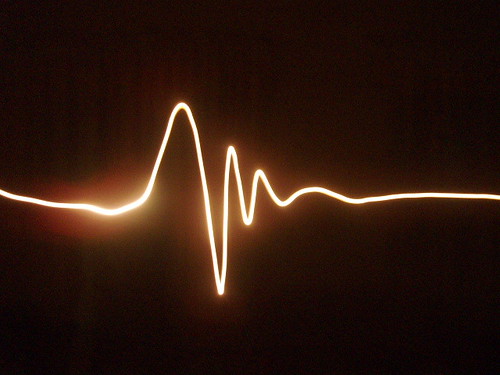What is Legal Brain Death?
Published by Nanni on Monday, July 23, 2012
Photo credit by Its.MJ
Brain death occurs when natural brain activity is no longer present. The brain is incapable of functioning on its own; and it is considered to be at an irreversible state. When brain death occurs, the body cannot be sustained without the use of artificial life support. While the acceptance of this definition of brain death is sensible for a number of reasons, the subject still occasionally meets with controversy.
One example is individuals and families who experience great difficulty letting go of the person who has reached this state. They may feel that it is necessary to go to any length or extreme to preserve the person. This extreme can include insisting upon implementing artificial life, even after natural life is no longer present. Whether they are convinced that the person can recover, or whether they believe that it is acceptable to retain him in this state for an indefinite period of time, their false sense of hope can result in both legal and medical difficulties. In some cases, legal and medical concerns become combined.
The family who insists on implementing or continuing artificial means of life can place an undue burden on the health care facility. This includes time and resources which must be devoted to the person who cannot recover. Naturally, it also includes a great deal of expense. Often, instances of legal brain death become the focus of legal cases. Family members battle against each other regarding who has the right to make the final decision about continuing or ending artificial life support. In some instances, the religious community joins the controversy. It is usually even more difficult if artificial life support has already begun.
In addition to all of these practical factors surrounding legal brain death, there is also the issue of organ donation. While organs which could normally be harvested immediately after legal brain death has been determined are not accessible when the person is kept on artificial life support systems, this can come to mean the organs deteriorating to the point of no longer being suitable for organ donation. Other people whose lives could be saved or enhanced by the use of these organs lose the opportunity.
While it is understandable that individuals and families can experience difficulty in accepting the death of a loved one, it should also be understandable that prolonging an artificial state of life is rarely in anyone's best interest. As a large part of the criteria for legal brain death is that the person has no reasonable hope of recovering, individuals and families who find themselves in this situation should be encouraged to see the benefits of letting go, rather than the false hope generated by attempting to hold on. If legal brain death has been established, beginning methods of artificial life support can only prolong the pain and confusion of the survivors, and possibly result in legal battles. When all of the natural brain activity has ceased, and there is no reasonable chance of this state reversing, brain death must be accepted.
 | Posted in »
| Posted in »

0 comments: Responses to “ What is Legal Brain Death? ”